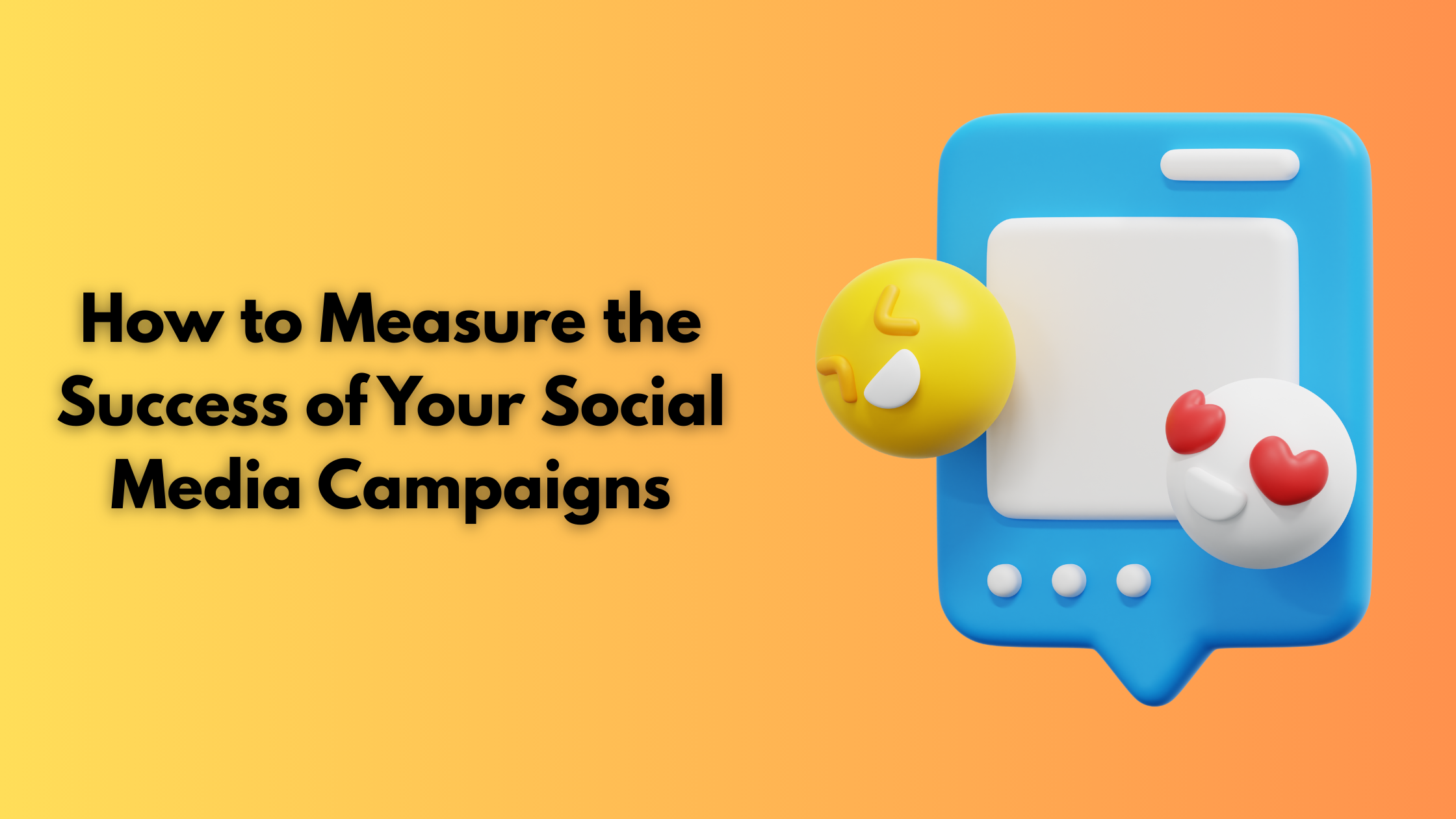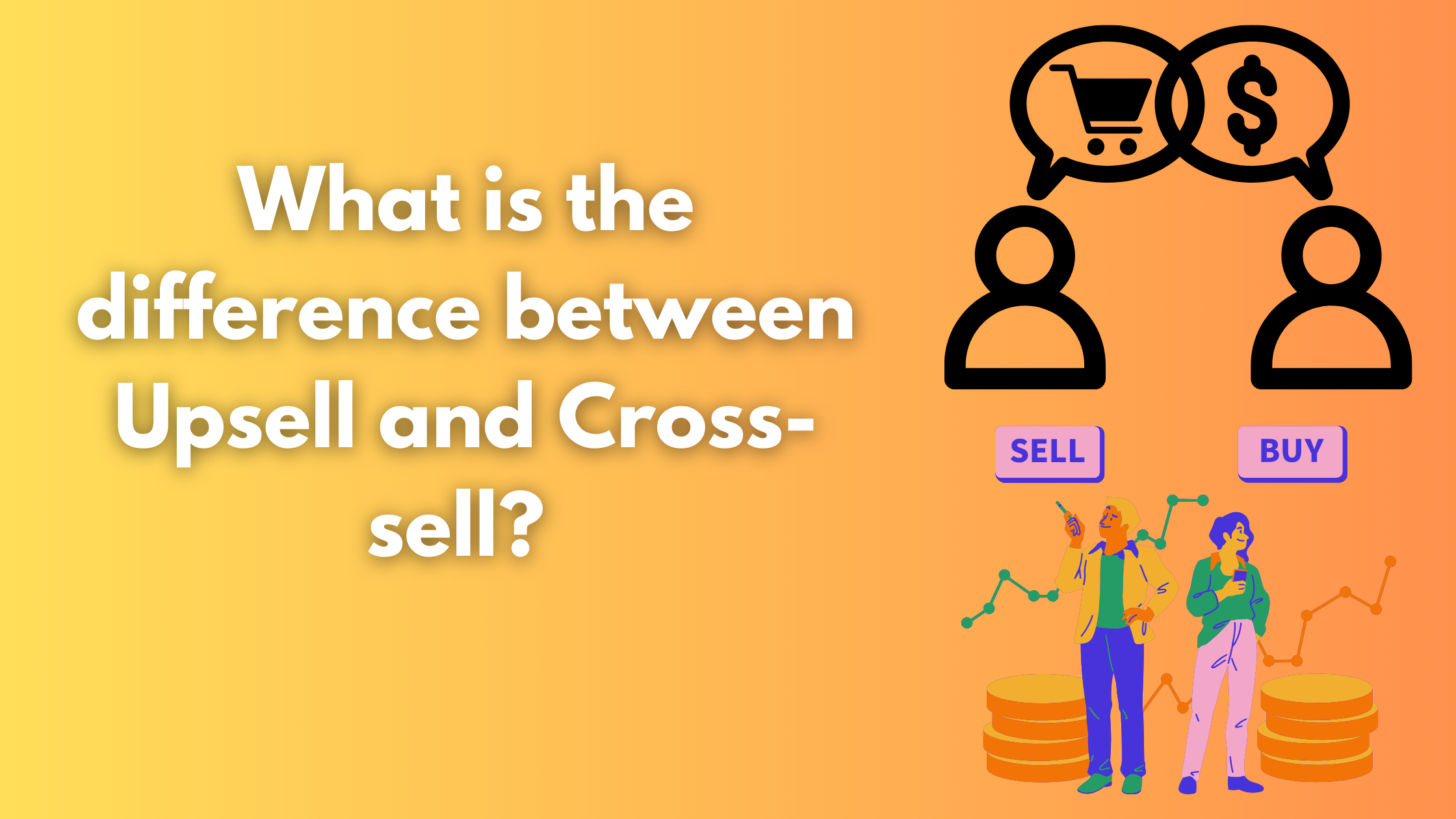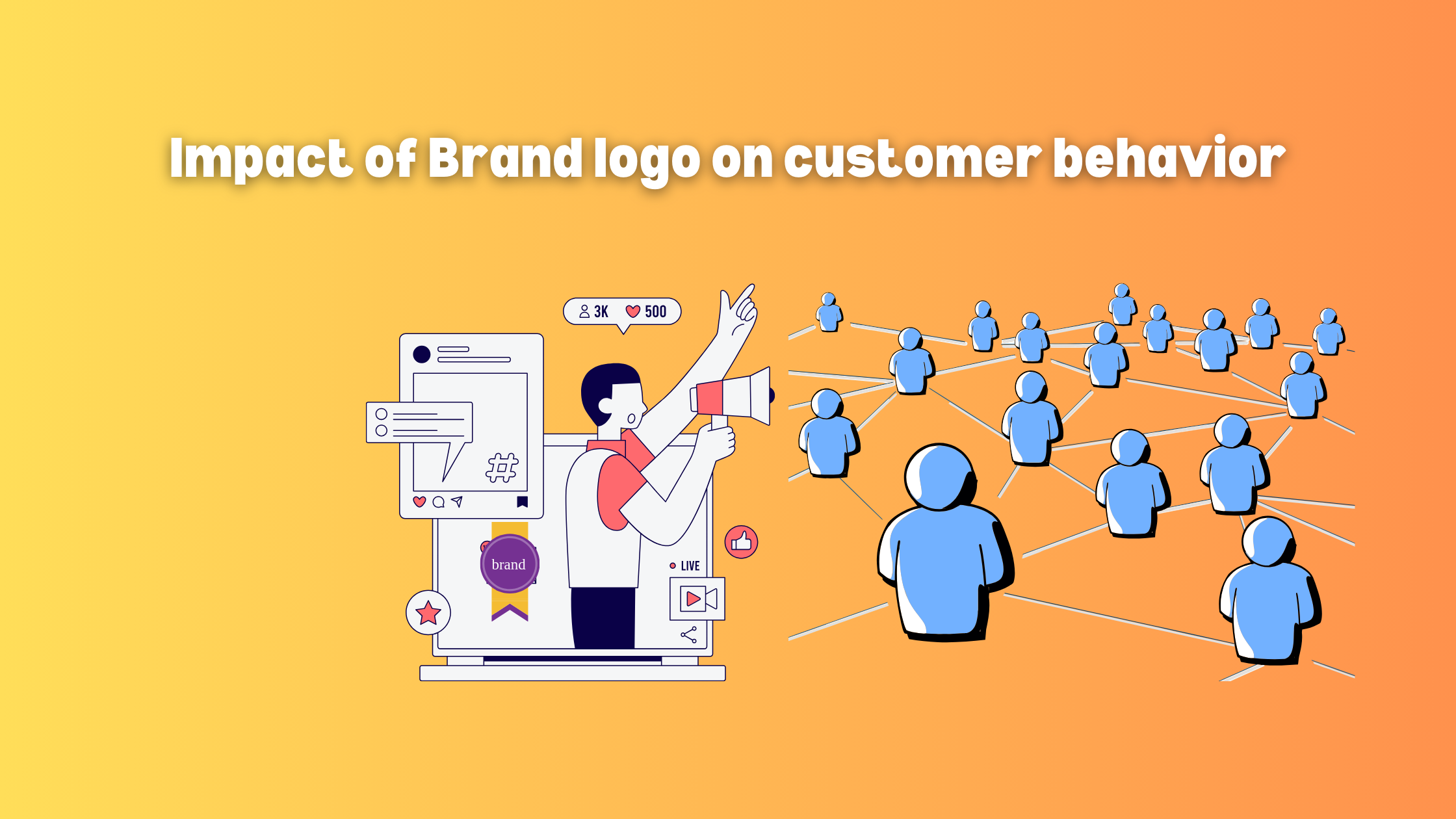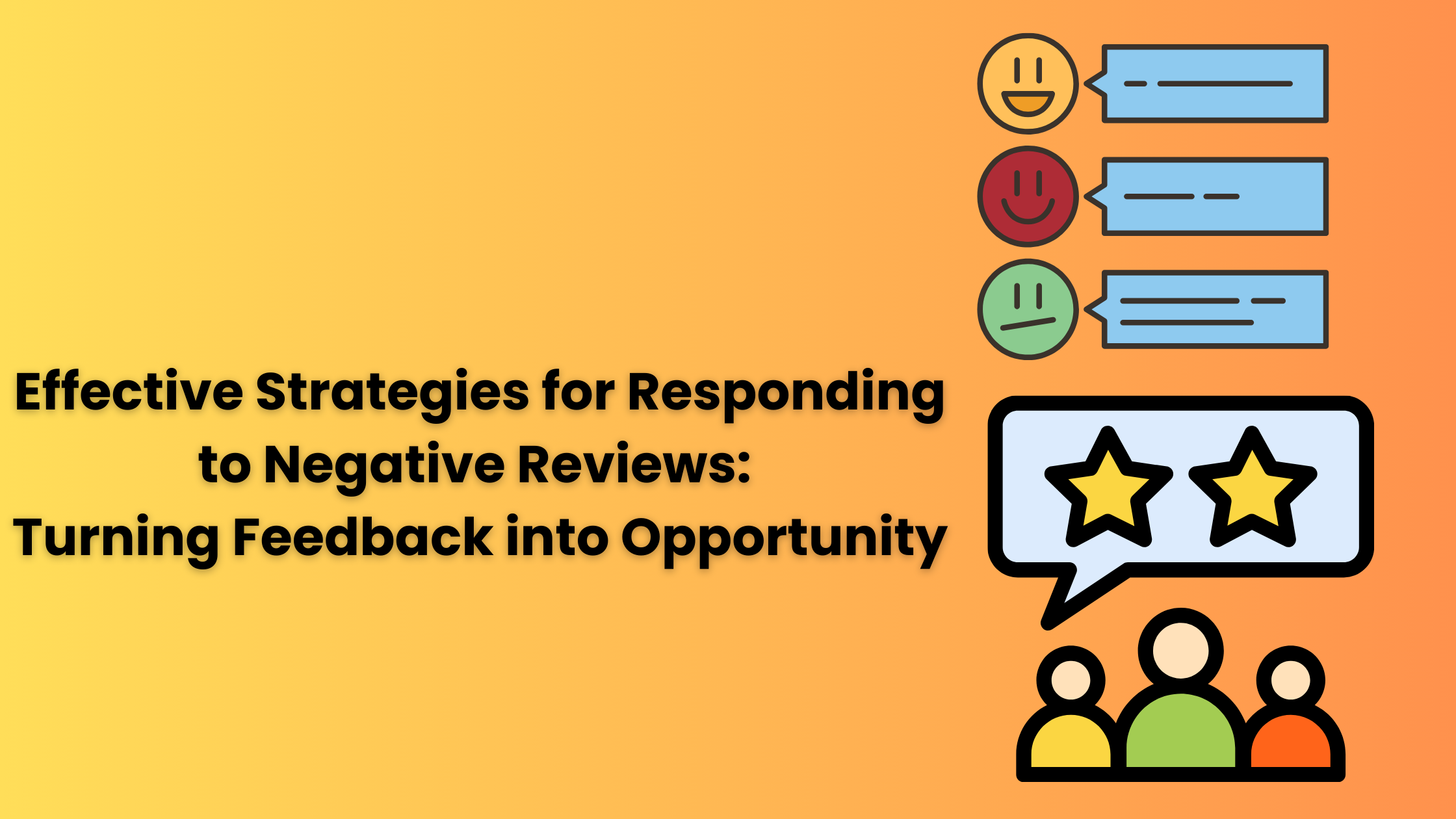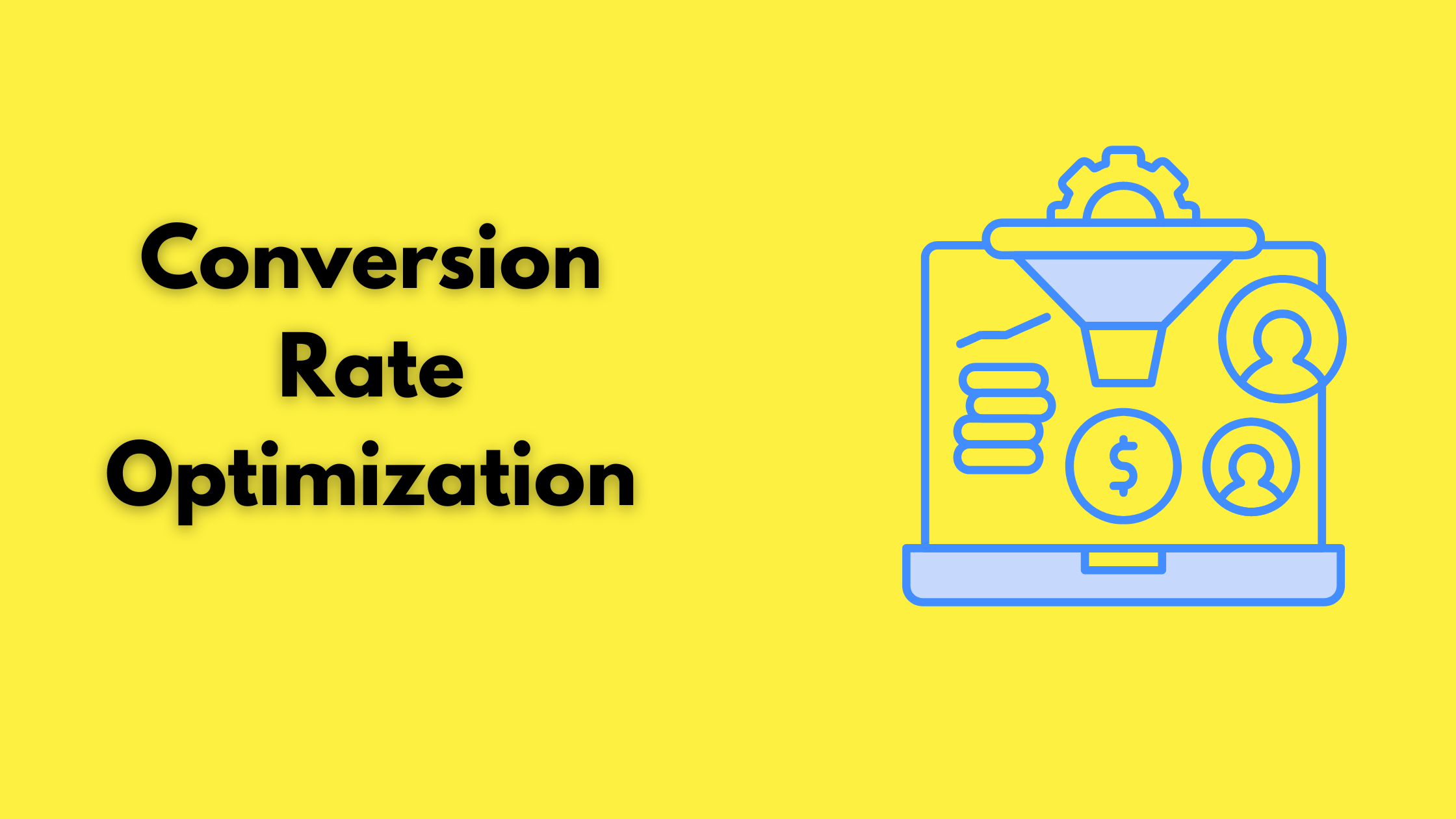
Measuring the success of your social media campaigns depends on the goals of your social media campaigns. Social media metrics are an important tool for measuring the success of your campaign. It helps in understanding how your audience engages with you, and eventually helps establish a strong, positive reputation. It is estimated that in 2025, social media users will be 4.41 billion. You must have an effective strategy with you to target these leads in this competitive industry.
Today, marketers have access to plenty of data that provides valuable insights about their campaigns. In addition, many third-party tools provide real-time data and enable you to adjust if the strategy is failing. It’s all about creating a balance between creativity and analytics. Too much data can overload you with information, hence, it is important to know what the relevant metrics are that can help you in achieving your goals.
In this article, we’ll learn why measuring the success of your social media campaigns is important and how you can measure it. Also, we’ll learn what some of the important social media metrics are that you must be using!
Why it’s important to measure the success of social media campaigns
It is important to measure the success of social media campaigns as it helps in knowing how your campaign is performing and whether you need to make any changes to optimize your campaigns. When you measure social media campaigns, you don’t have to wait for the end of the campaign, you can analyze data in real-time to make quick, efficient decisions. It helps in focusing your attention on more important topics.
It helps in understanding how a metric is performing in a campaign, you can measure multiple metrics at a time. It ensures that your budget is not wasted and your resources are utilized effectively. Studying the data, you can create content that is engaging and relevant to your audience. Also, it helps in predicting future trends.
Important Steps to follow while measuring marketing campaigns

Here are some of the steps that we must follow while measuring marketing campaigns.
- Goals: Before tracking a campaign, you must know what is the purpose of tracking this campaign. Do you want to increase your engagement rate or increase lead generation? You must create smart goals, which means appearance
- Key Performance Indicator: A KPI, Key Performance Indicator in marketing, is a metric with a numerical value to measure your campaigns based on your interests and goals.
- Time Frame: In this step, we have to specify the starting and end points for measuring, monitoring, and tracking data of a campaign. The time phrase can be of days, weeks, or even months. Creating a particular time frame for measurement can help you in monitoring your progress towards your goal. You can make necessary adjustments whenever it is necessary.
- Measurement Schedule: Ideally, measurement and monitoring of data should be throughout the customer life cycle. You must create a measurement schedule to detect change over time. If you analyze content or a campaign when it’s published or done, you can track it against your goals. You must choose the correct and relevant data Platforms. If you want to make a social media post on your new products, then choose a relevant social media channel and take advantage of it. One of the most used analytics tools is Google Analytics It helps in determining how, why, and from where people visit your website.
- Benchmarks: Create benchmarks throughout the measurement process and turn them into a measurement schedule. It helps in monitoring the status of growth and helps in setting goals.
- Dashboard: To measure the success of your campaign, you have to analyze and collect a lot of data. At the same time, you want to share the results with colleagues for better efficiency between you and team members. It also helps in collecting real-time data. A KPI dashboard ensures everything is streamlined and better coordinated.
Important Social Media Metrics

Many KPIs can measure the success of your campaign. Let us discuss some of them!
- Return on Ad Spend (ROAS): It is a metric that shows the amount of revenue generated for every dollar spent on ads. ROAS equals revenue attributed to ads divided by the cost of the same ads.
- Return on Investment: It shows how much you have earned from a certain action. The higher your ROI is, the better the result.
- Conversion Rate: It measures the number of visitors to a website who are converted into leads or customers during a campaign. If marketing campaigns generate 1,000 new visitors, and 100 of them are converted into qualified leads because they completed a desired action. Thus, the conversion rate will be 10%.
- Cost Per Lead: It is the cost of your business or campaign for generating a single lead. A low CPL is ideal because it means your marketing campaigns are effective in generating leads.
- Cost Per Acquisition: It is the total cost spent by a business to gain one new customer.
- Bounce Rate: A website user bounces when they land on your page and leave it without making a click or checking other pages. A bounce rate of 25% to 40% is assumed to be excellent.
To improve your marketing strategy, you must analyze data and understand how to measure the success of social media effectively. By tracking the right metrics in your social media dashboard, you can reallocate resources and stay ahead of competitors. Lumia 360 offers digital solutions and lets you understand the potential of your social media data and predict future trends.
Read Also: Reputation Management Strategies For Businesses: How to Manage and Monitor Online Presence
Read Also: The Future of Social Media Marketing: Trends and Predictions



